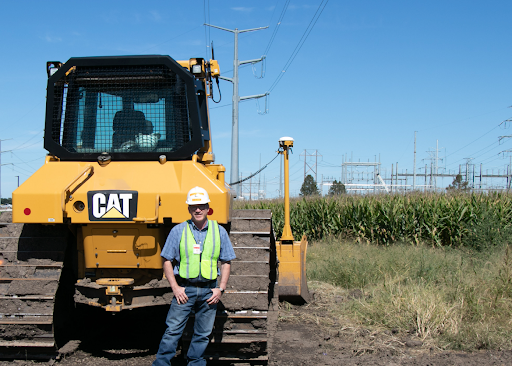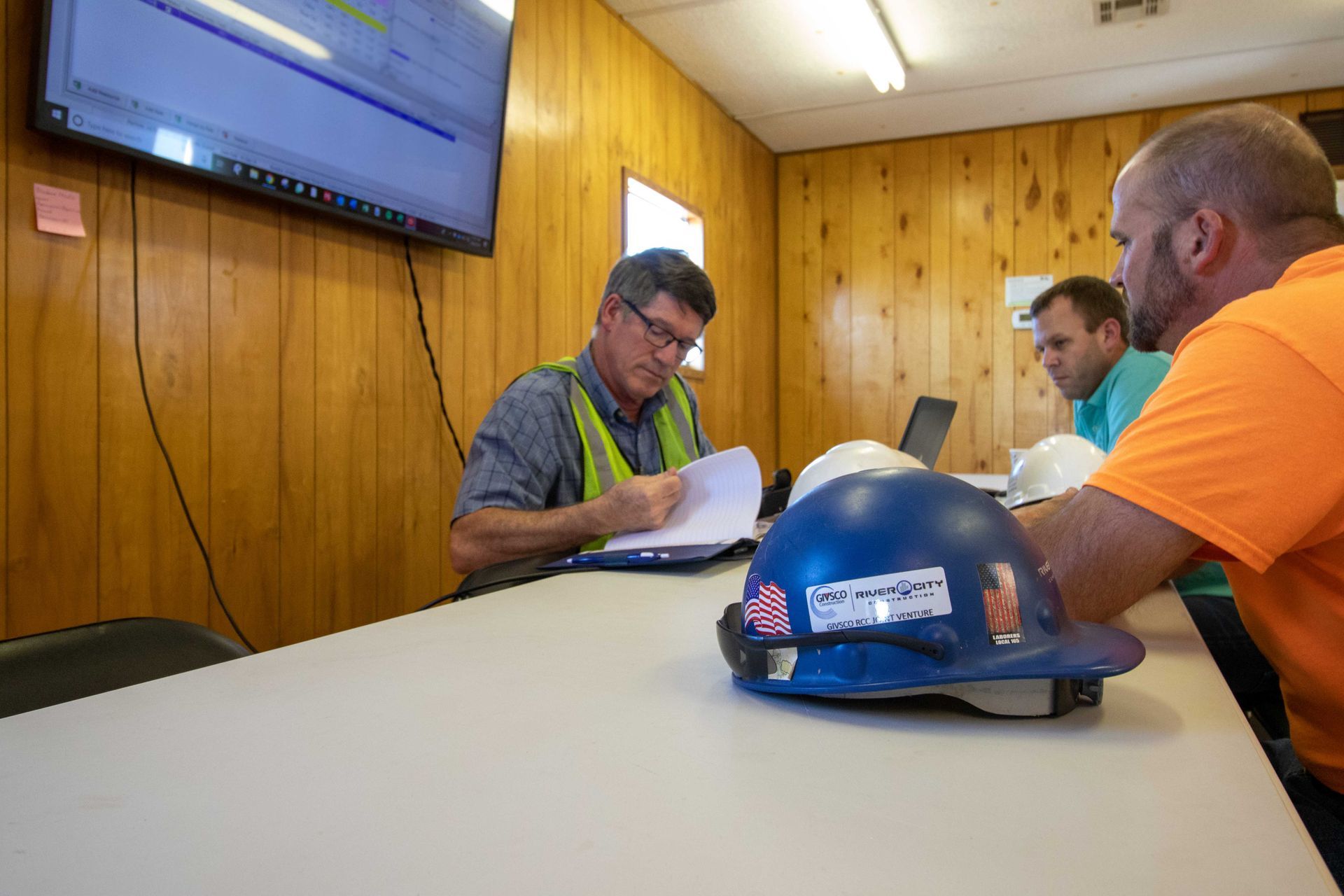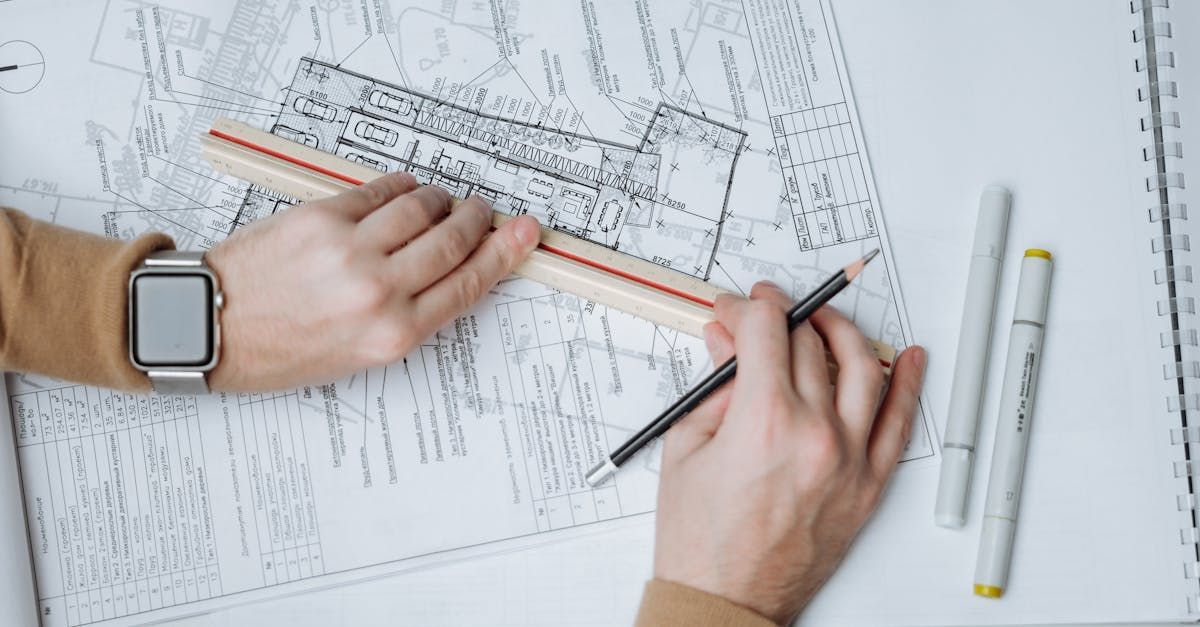How to Solve Construction Disputes
Most commercial construction projects have a lot of moving parts. Each project is an immense undertaking, from all the parties involved to a slew of codes and regulations to the building tasks that need to be done. Ideally, everyone involved with the project should share similar goals for completion. Mistakes, misunderstandings, and other events can bring up construction disputes in all the stages before completion.
Unfortunately, construction disputes are common in the industry and can quickly escalate into costly and time-consuming problems for all parties involved. Conflicts can arise at any project stage, from stakeholders, subcontractors, vendors, and owners to internal disputes within the construction team.
As a commercial construction company and scheduling expert, we understand the importance of handling disputes effectively and efficiently to minimize their impact on the project’s progress and success. In this blog post, we will offer a step-by-step process for solving construction disputes and preventing them in the future.
Identify the Issue
The first step in resolving any dispute is identifying the issue at hand. This requires active listening and open communication with all parties involved. As a construction team, it’s essential to maintain an open-door policy that encourages everyone to voice their concerns and feedback. Be prepared to ask probing questions and take notes to ensure you thoroughly understand the issue.

Review the Contract
Once you have identified the problem, you must review the contract and ensure everyone is on the same page. Contracts typically outline the scope of work, timelines, budgets, and other critical aspects of the project. Ensure the contract covers the issue and determine whether any party has violated its terms. If the contract does not cover the dispute, you may need to negotiate a resolution that works for all parties involved.
Gather Evidence
In some cases, disputes may arise due to misunderstandings or a lack of communication. In other instances, however, there may be clear evidence that one party is at fault. Gathering evidence, such as emails, contracts, invoices, and other relevant documents, can help you determine the root cause of the dispute and identify the best course of action.
Consider Alternative Dispute Resolution (ADR)
Alternative dispute resolution (ADR) methods, such as mediation and arbitration, can effectively resolve disputes outside the courtroom. Mediation involves a neutral third-party mediator who helps the parties come to an agreement, while arbitration consists of an arbitrator who makes a binding decision on the dispute. ADR methods can be less costly and time-consuming than going to court and help preserve relationships between parties.
Take Action
Once you have identified the issue, reviewed the contract, gathered evidence, and considered ADR methods, it’s time to take action. Depending on the situation, you may need to negotiate a new agreement, terminate a contract, or take legal action. It’s essential to keep all parties informed throughout the process and document all decisions and actions.

Tips for Avoiding Construction Disputes
While construction disputes can be challenging to avoid entirely, there are steps you can take to minimize their occurrence. Here are a few tips for preventing construction disputes:
- Maintain open communication: Encourage open communication among all parties involved in the project, including stakeholders, subcontractors, vendors, and owners.
- Set clear expectations: Ensure all parties understand the project’s scope of work, timelines, budgets, and other critical aspects.
- Document everything: Keep detailed records of all communications, contracts, invoices, and other relevant documents throughout the project.
- Address issues immediately: Address any issues immediately to prevent them from escalating into more significant problems.
- Be flexible: Be willing to negotiate and compromise to find a resolution that works for all parties involved.
Construction disputes are common in the industry, but they don’t have to hinder a project’s success. By following a step-by-step process for resolving disputes and taking steps to prevent them from occurring, construction teams can minimize their impact and keep projects on track. Using high-tech construction scheduling software helps managers track the project at every stage. Scheduling software may not prevent disputes, but your project progress and data in the software can serve as helpful evidence in dispute resolution.
Work With Thomas D. Wilson Consulting
Whether you’re resolving a dispute or planning your project’s schedule, working with an expert in the industry is beneficial. Our Thomas D. Wilson Consulting team has decades of experience and is ready to help with your project.
Get in touch with us today!







